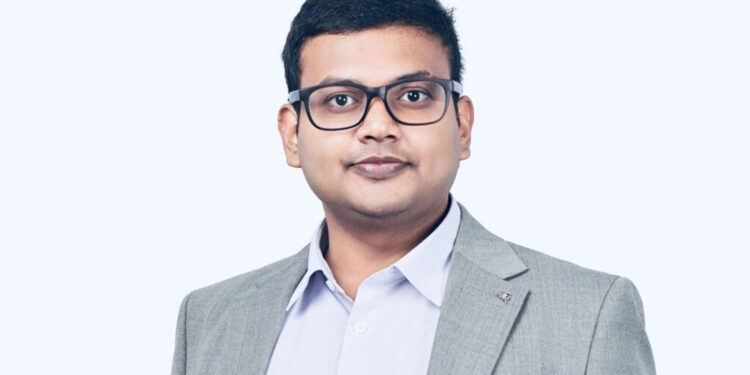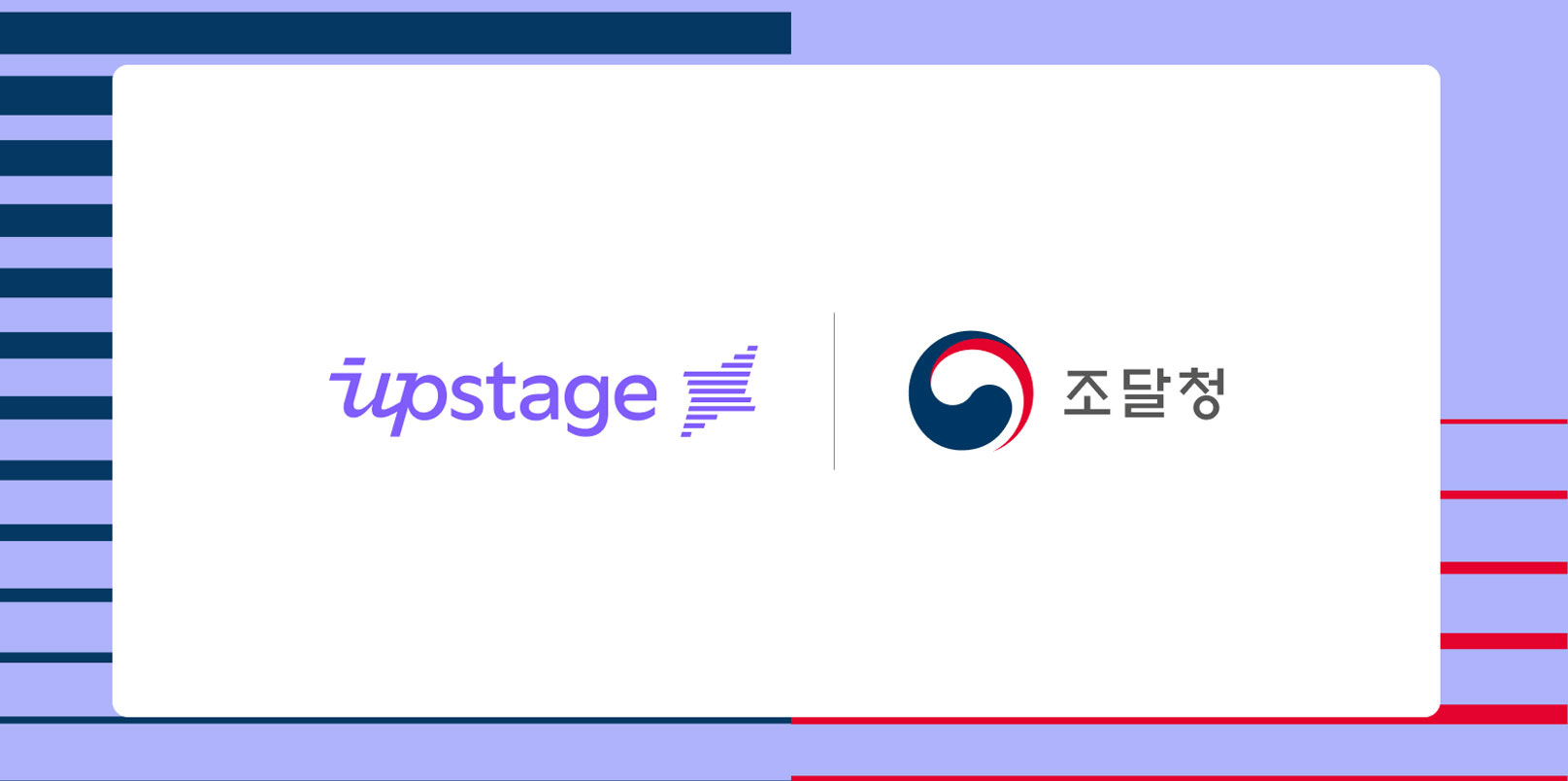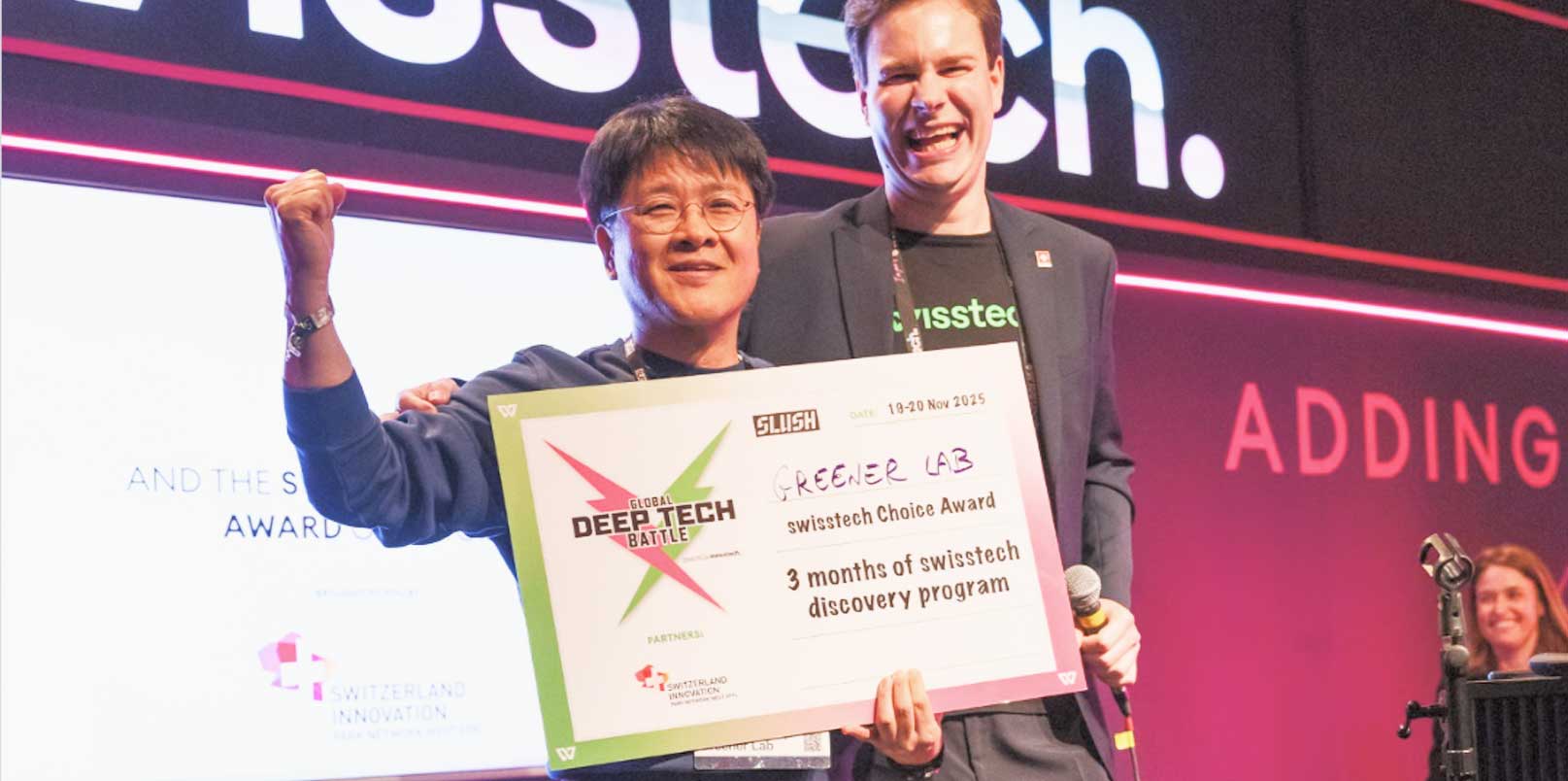Mednaath is a company founded by Nitish Kumar, IIT Alumni, in India in 2021 and expanded to South Korea in 2024. Recently featured in Forbes Korea for his innovative work in AI, Kumar is gaining attention for leading the automation of contact centers using AI virtual assistant services. In this exclusive interview with KoreaTechDesk, CEO Nitish Kumar shares how Mednaath is scaling real-time voice automation across industries, why Korea is a strategic base for global expansion, and what lies ahead for the company in the fast-evolving AI landscape.
Q. Can you briefly tell us what Mednaath is all about and what inspired you to start it?
Nitish Kumar: Mednaath was founded in 2021 in India and expanded to Korea in 2024. I saw a massive opportunity in automating customer service using voice AI. Our mission is to simplify and humanize customer communication across languages and cultures. We’ve developed a proprietary voice AI engine capable of handling millions of simultaneous calls—something that can really transform how businesses operate at scale.
Q. What makes Mednaath’s technology stand out from other voice AI solutions in the market?
Our core lies in a customized voice AI engine that blends advanced speech recognition with natural language processing (NLP). We built it from the ground up to be scalable and extremely accurate. Our system supports over 120 languages and can hold real-time, natural conversations—this is a game-changer for contact centers and multilingual communication. We also provide real-time voice analysis and AI agents that optimize efficiency and cut down on human errors and costs.
Q. You’ve launched in South Korea recently. Why was this market important for Mednaath’s growth strategy?
South Korea has a world-class technology infrastructure and a strong interest in global communication and language learning. It was a natural fit for us. Participating in the K-Startup Grand Challenge allowed us to build relationships with large corporations, investors, and startups. South Korea is now our strategic base for expansion into the broader Asia-Pacific region.
Q. Let’s talk about your product, AIOnPhone. How does it actually help businesses?
AIOnPhone replaces traditional IVRs and telemarketing tools with a smart, speech-to-speech system that enables lifelike conversations. It can manage both inbound and outbound calls for tasks like sales, customer support, and recruitment. This not only increases efficiency but also creates a more personal customer experience—without human fatigue or inconsistency.
Q. Who are your current customers, and how do you tailor your services for them?
We work across B2B, B2C, and even B2G segments. For example, some businesses use us for call recording and real-time voice analysis to train agents, while others use our voice AI agents to completely automate call centers. Each client gets a tailored solution based on their industry, scale, and customer interaction needs.
Q. Mednaath has received recognition from several global organizations. What role has this played in your journey?
Recognition from organizations like India’s DPIIT, and programs like NVIDIA Inception and Microsoft for Startups has validated our vision. It’s also opened doors to funding, mentorship, and strategic partnerships. For example, being featured at South Summit 2024 and awarded by Invest Seoul as a Big Think honouree helped us build visibility among key players in the ecosystem.
Q. What partnerships or use cases are you most excited about right now?
We’ve already partnered with companies like Microsoft for startup and Vonage. These collaborations allow us to integrate into real-world, high-volume customer operations. We’re now actively exploring new use cases in Southeast Asia and are in talks with enterprises and governments for large-scale deployment of multilingual support systems.
Q. The AI communication space is getting crowded. What challenges do you face, and how are you addressing them?
One challenge is balancing automation with a human-like experience. We’re constantly training our models to handle nuances and emotions in speech. Data privacy is another area we take very seriously—we comply with local regulations in every market we operate. Finally, customer needs are evolving fast, so agility is key.
Q. What does the future look like for Mednaath?
We see ourselves becoming a global leader in AI-based voice communication. Our immediate focus is on growing in Korea and Southeast Asia, but long-term, we’re looking at Europe and the Americas. The goal is to make multilingual, AI-driven conversations a norm—across industries, languages, and cultures.
Q. Lastly, what advice would you give to startup founders building AI products?
Start by solving a real problem. For us, it was the inefficiency and language barriers in customer service. Stay grounded in user needs, and don’t try to build everything at once—go deep in one area and scale from there. And most importantly, build with trust—AI can only scale if users feel secure and heard.
– Stay Ahead in Korea’s Startup Scene –
Get real-time insights, funding updates, and policy shifts shaping Korea’s innovation ecosystem.
➡️ Follow KoreaTechDesk on LinkedIn, X (Twitter), Threads, Bluesky, Telegram, Facebook, and WhatsApp Channel.





